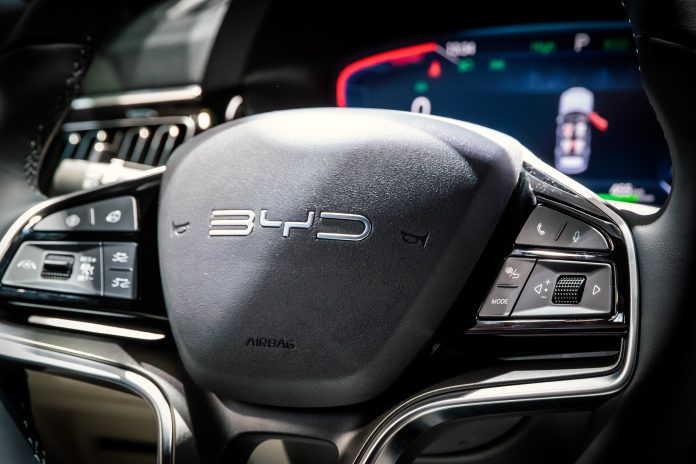BYD set a new sales milestone in December, selling 514,809 electric and hybrid vehicles, marking its third consecutive month of sales surpassing 500,000 units. This surge drove the company to a 41% increase in total annual sales for 2024, reaching 4.3 million vehicles. BYD’s strong performance was further bolstered by a 58% rise in overseas sales, which topped 57,000 vehicles for the year.
The Chinese EV maker’s success came amid a broader boom for domestic rivals, who also benefitted from government trade-in incentives aimed at boosting EV sales. For instance, Li Auto posted a record 58,513 vehicles sold in December, bringing its total for the year to 500,508 units. NIO’s December sales surged 73%, delivering 31,138 vehicles and closing 2024 with 221,970 units sold. XPeng also set a record in December, with 36,695 vehicles sold—up 82% year over year—bringing its total 2024 deliveries to 190,068 units.
New entrant Xiaomi also made notable strides, launching its first model in March and delivering over 25,000 vehicles in December and more than 135,000 units in 2024. Tesla, a key player in the market, is expected to release its fourth-quarter sales figures later in the week.
The robust sales in the fourth quarter reflect growing consumer demand in China, spurred by the government’s trade-in program for older vehicles and a flurry of year-end discounts from automakers eager to meet their annual targets. Analysts noted that while December’s sales met expectations, the first quarter of 2025 may face challenges, especially if companies escalate a price war and concentrate sales at the end of the year.
The market’s reaction to the news was apathetic, with Chinese EV stocks trading mostly in the red by midday Thursday, as investors had already priced in the strong sales figures. BYD’s shares fell 2.7% in Hong Kong.
Investors are eagerly awaiting news on whether the trade-in program will extend into 2025, keeping the future of Chinese electric vehicle sales in sharp focus.



